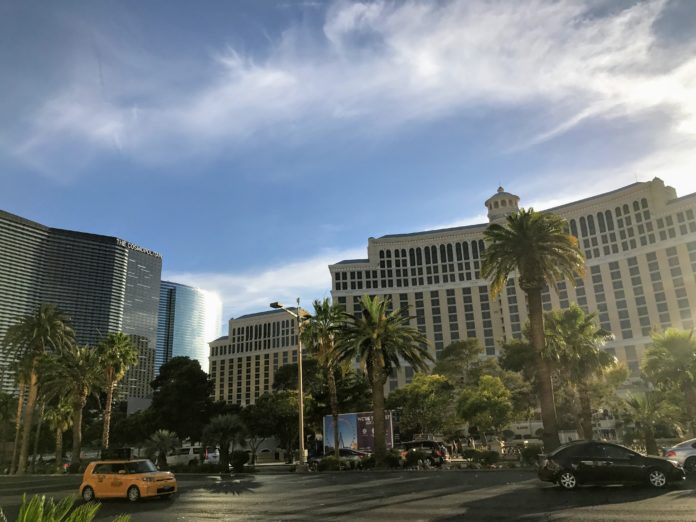Is There a Pent Up Demand For Travel?
DESOTO – Many travel experts are staying optimistic when it comes to the future of travel.
Even as hotels around the country and the world are reporting great losses, a recent survey conducted by consulting firm Oliver Wyman said many travelers are ready to get on the road again.
Of the 4,600 travelers they surveyed it said 60 percent of Americans and 56 global travelers plan to travel the same or more once COVID-19 travel restrictions ease.
“The desire to travel is strong despite obvious challenges and major changes ahead,” said Jessica Stansbury, a partner with Oliver Wyman. “This pent-up demand for leisure travel will spark the initial recovery of the industry.”
This is good news for the hotel industry since the American Hotel & Lodging Association (AHLA) said late last week the industry is on the brink of collapse.
New data from the Bureau of Labor Statistics (BLS) showed staggering job loss in the hospitality and leisure industry. With that in mind the American Hotel & Lodging Association released what it is calling its “Roadmap to Recovery.”
This plan is calling on Congress to prioritize relief for hotel workers and small businesses in the next stimulus package. Since April, it has been reported the hospitality and leisure industry has been the hardest hit. The industry has lost 7 million jobs—nearly as many jobs as the next four sectors combined.
Hospitality Industry Is Fighting To Survive
“The hospitality industry is in a fight for survival,” said Chip Rogers, president, and CEO of AHLA. “We are grateful to the leadership of both parties during one of the most difficult health and economic challenges we have faced. We are urging Congress to do even more to help the hotel industry so that our small business hotel operators can keep the lights on and retain and rehire employees.”
Statistics show COVID-19 will continue to devastate the hotel industry for a few years. In fact, 2020 is projected to be the worst year on record for hotel occupancy. Some experts estimate it will be at least 2022 before hotels return to their 2019 occupancy and revenue levels. So far, the impact of COVID-19 on the travel industry has been nine times worse than September 11.
“While the hotel industry was one of the first affected by the pandemic, we have collectively stepped up to serve our communities during this public health crisis. We need Congress to continue to prioritize the industries and employees most affected by the crisis, so we can retain and rehire the people who power our industry, our communities and our economy,” concluded Rogers.











